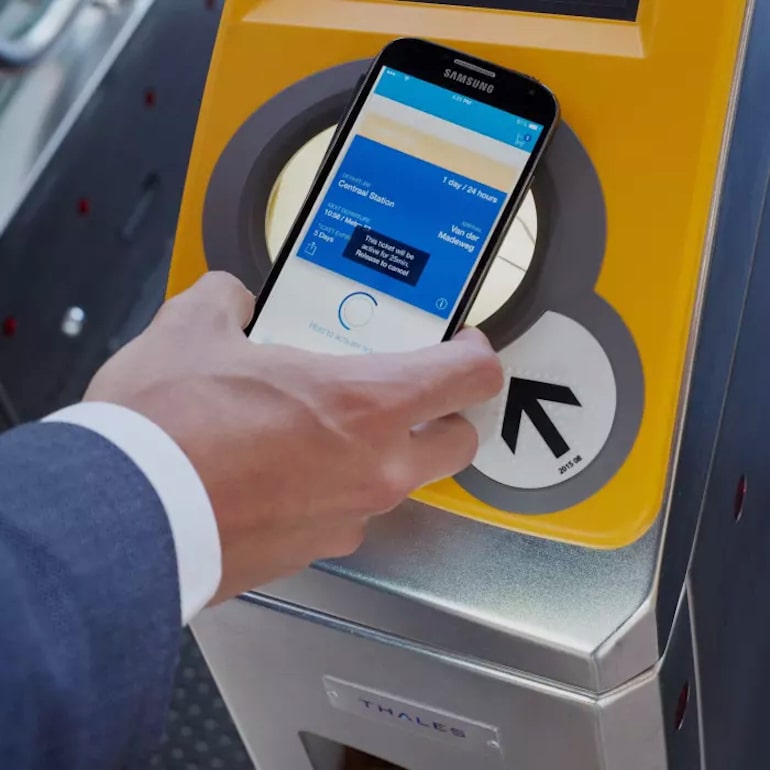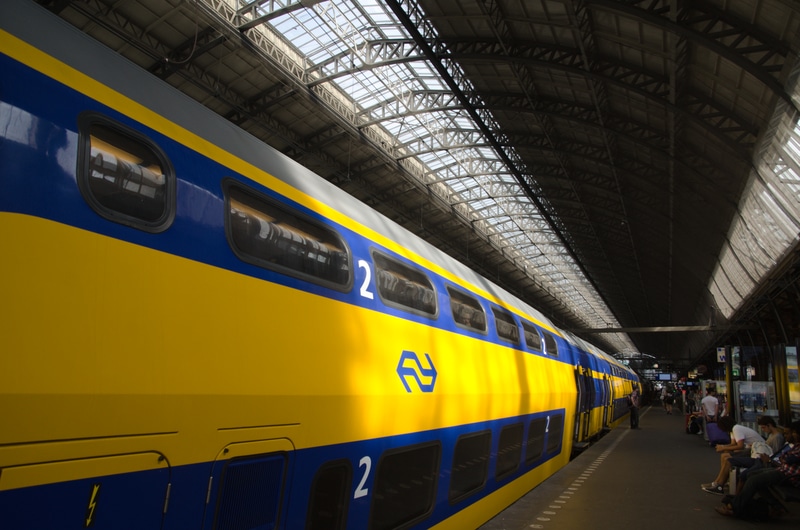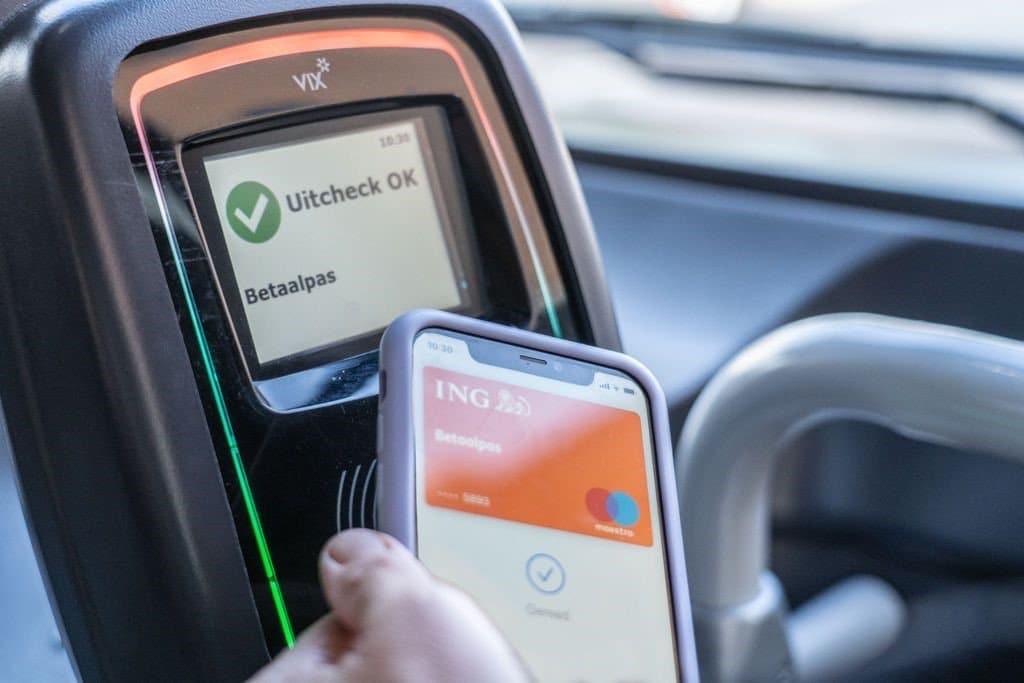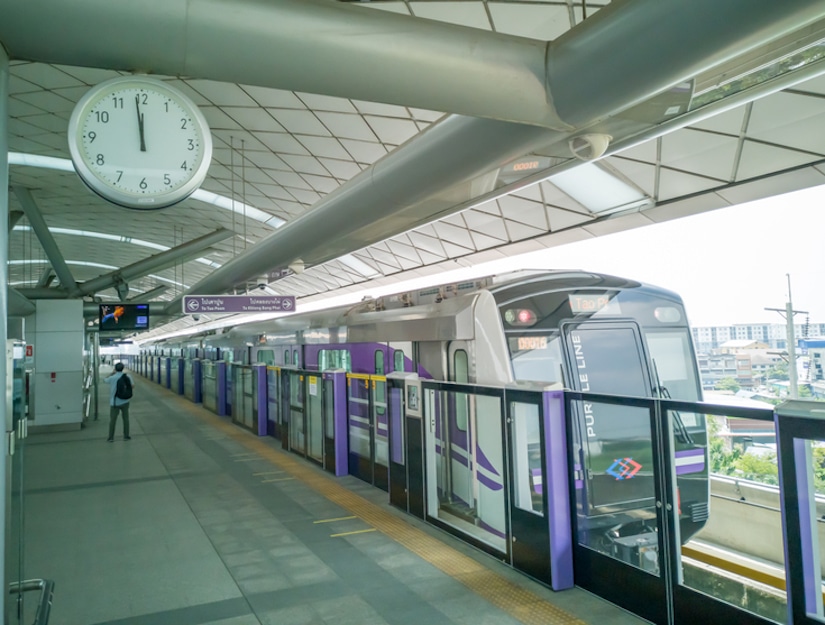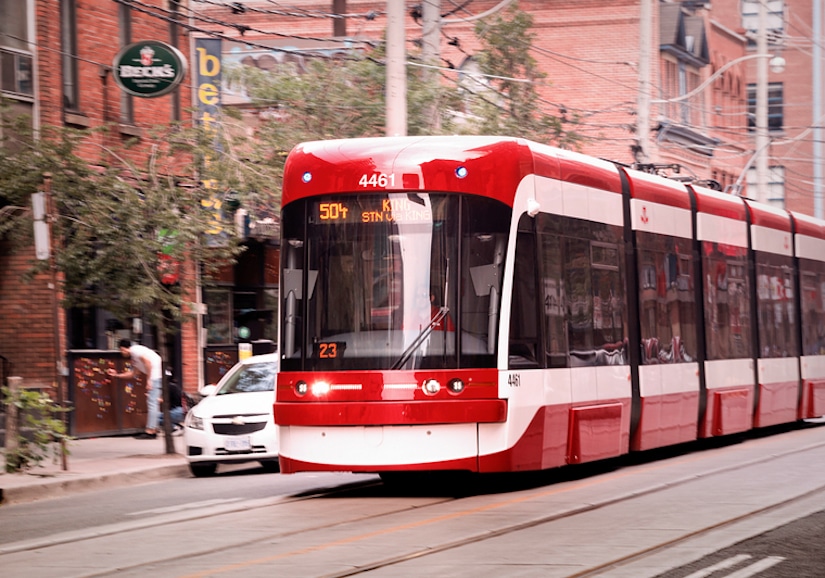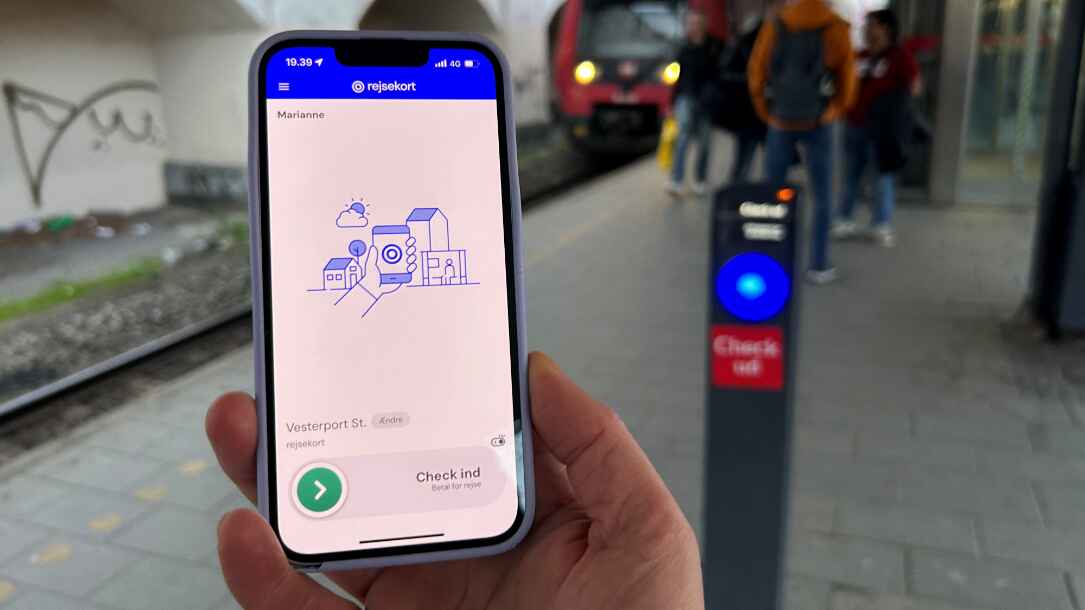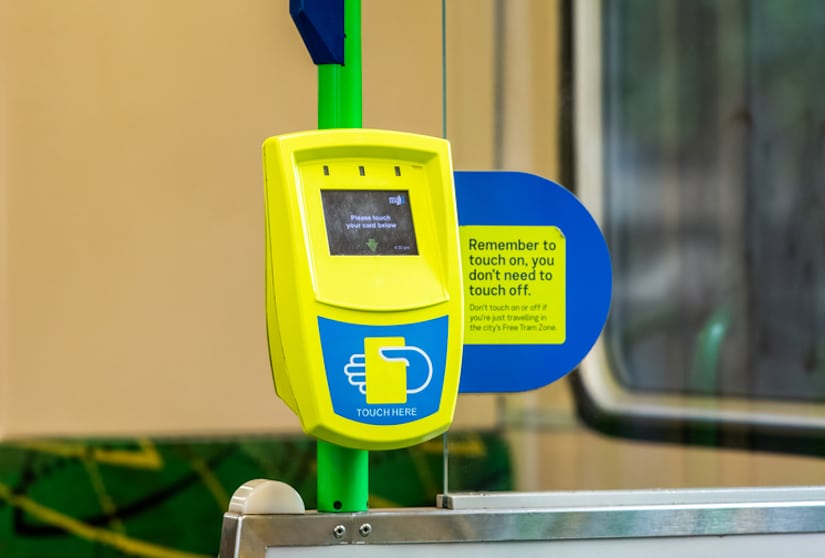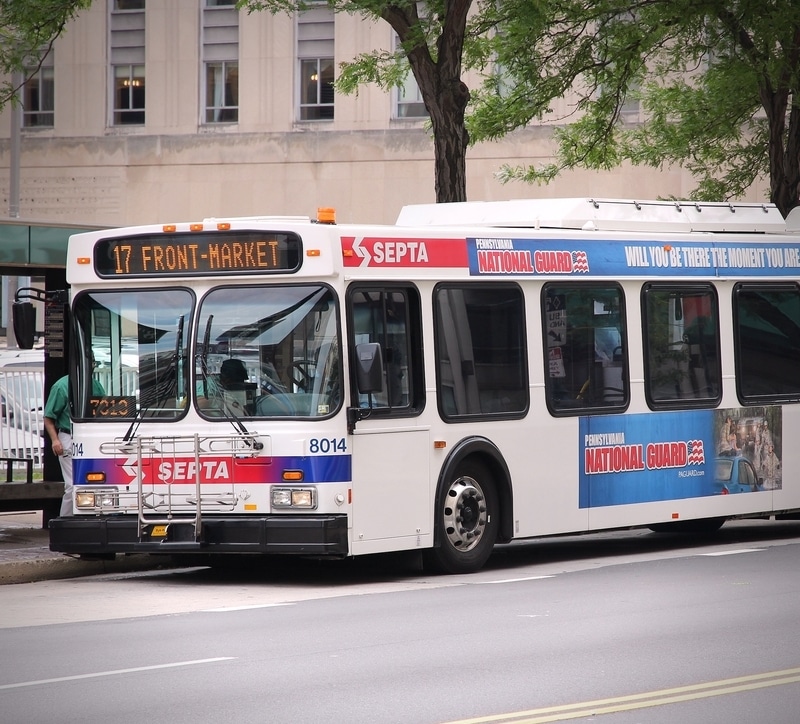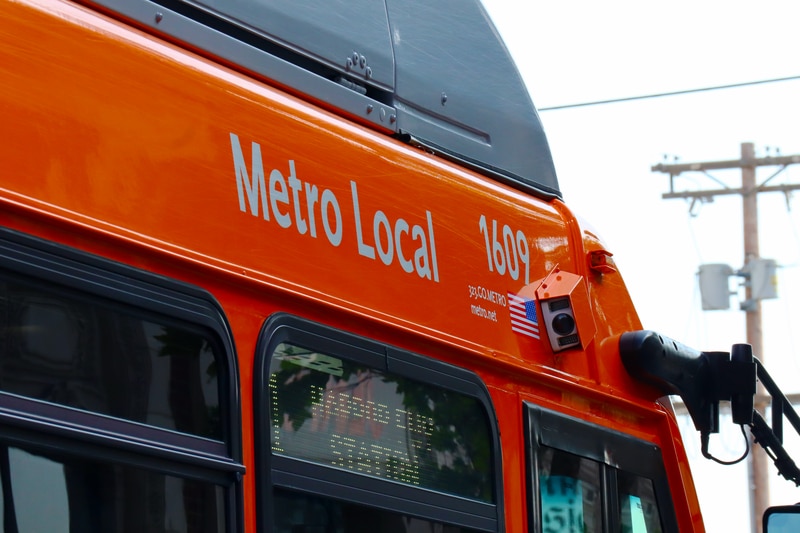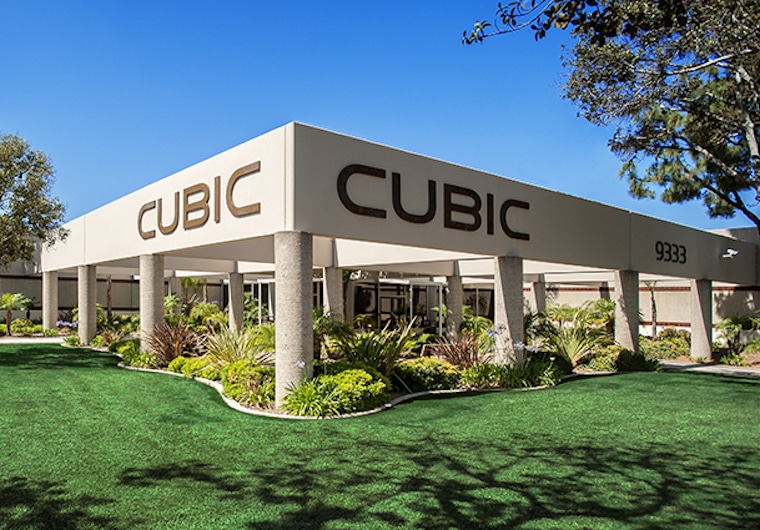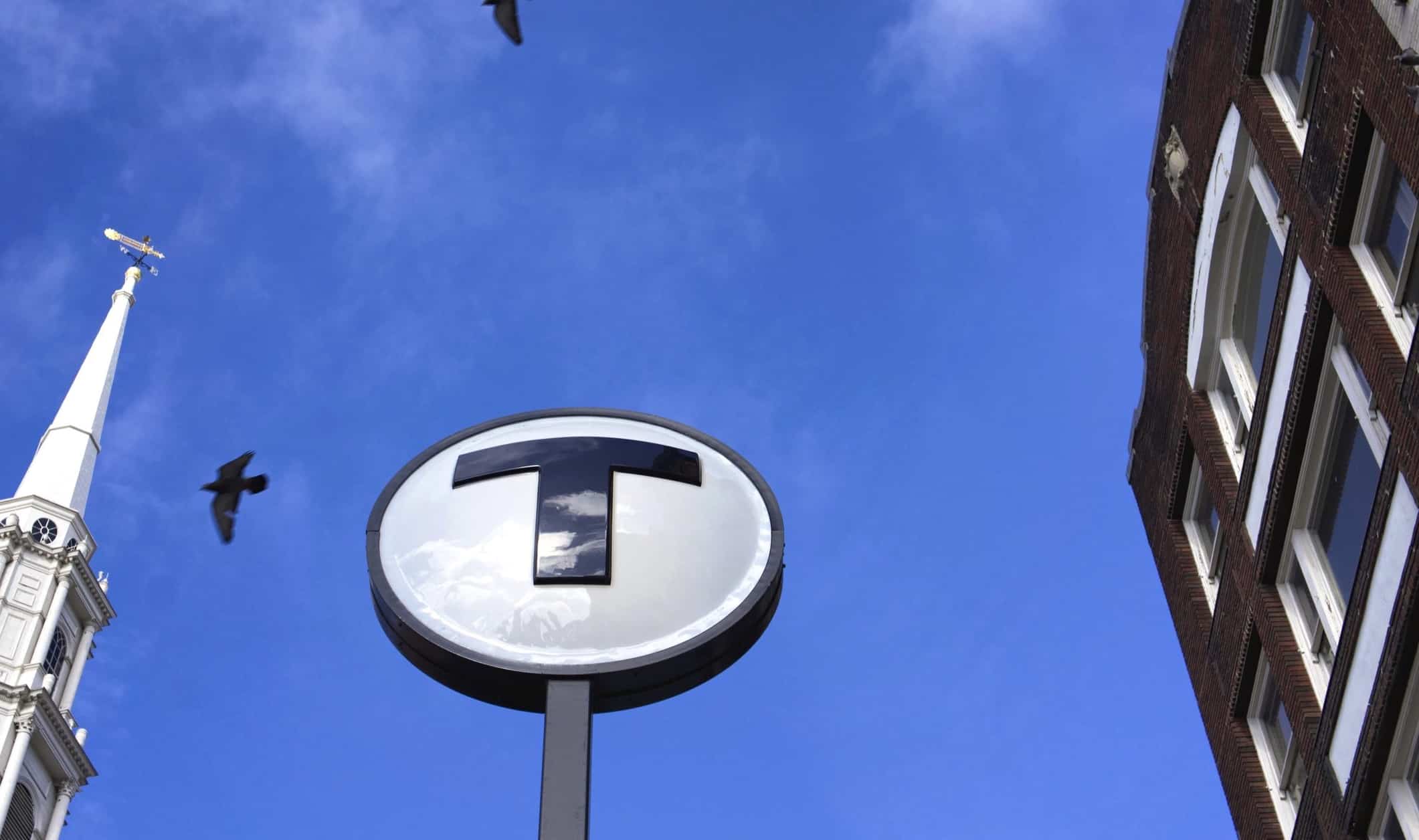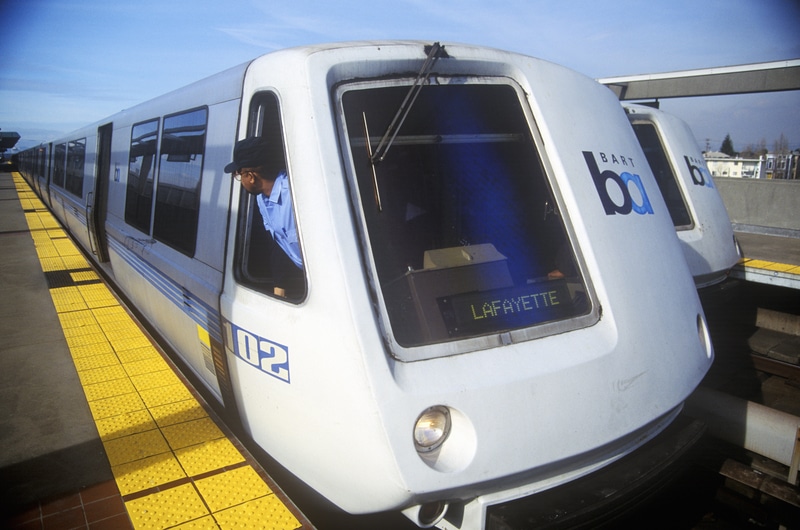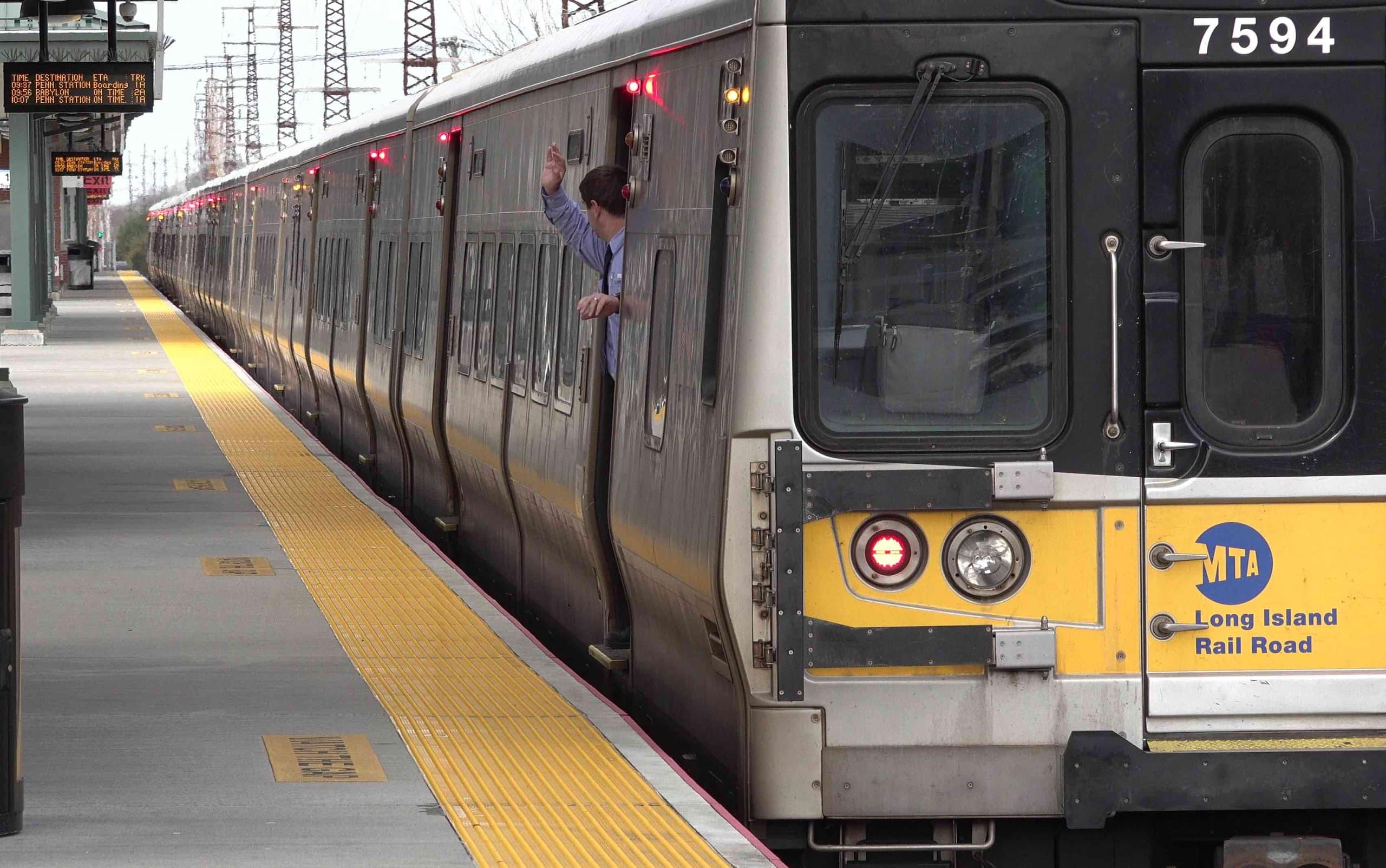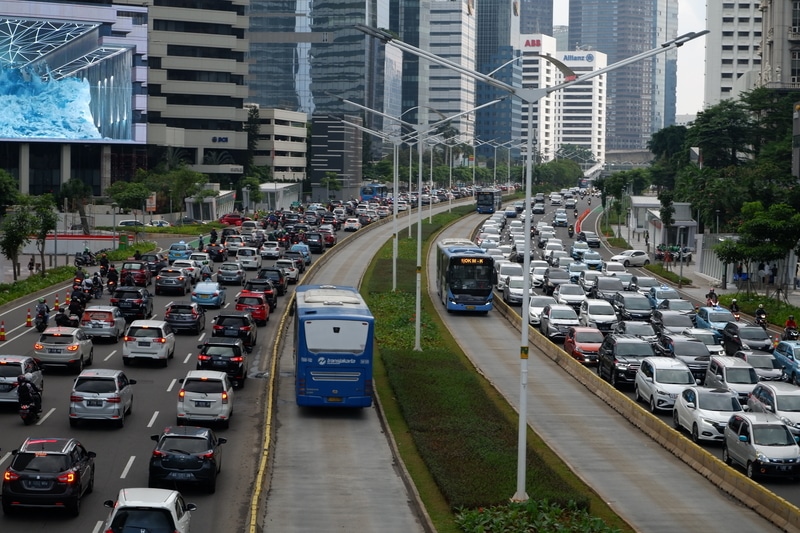
Article Highlights
Indonesian capital Jakarta has been rolling out more public transit options along with plans to expand to multimodal fare collection and mobile ticketing, as it deals with serious traffic congestion.
Jakarta reportedly lost nearly US$5 billion per year before the pandemic because of the gridlock, including workers idled during their hours-long daily commutes.
• Jakarta Lingko
• Thales Group
Indonesia’s capital Jakarta, whose metropolitan area is home to more than 30 million people, is notorious for its stifling traffic congestion. In response, the government metro and light-rail networks and now it is funding an expansion of the fare-collection system to enable more multimodal payments and to build a mobility-as-a-service platform.







